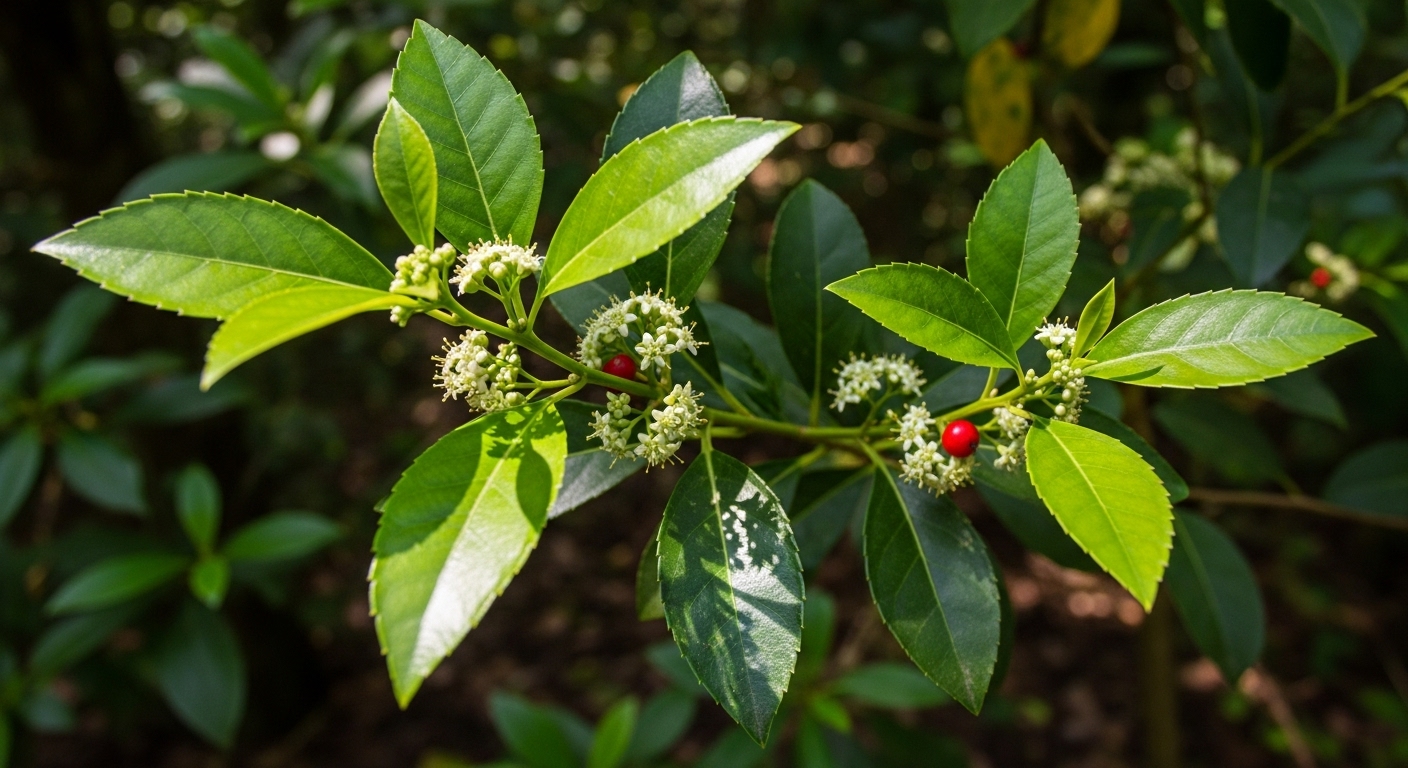Tags:
Adenosine,
Caffeine,
Sleep Regulation,
Chronobiology
Dr. Kumar’s Take
This review is the bridge between neurobiology and behavior: it maps exactly how adenosine acts as the brain’s sleep pressure signal, how caffeine antagonizes that signal, and how this interplay influences the circadian system. It’s a central piece in your caffeine cluster — connecting mechanistic insight to performance and sleep impact.
Key Takeaways
- Adenosine is a core homeostatic sleep regulator, accumulating during wakefulness and promoting sleep via A1 and A2A receptors. oai_citation:1‡PMC
- Caffeine antagonizes those receptors (especially A2A in striatum/nucleus accumbens) to delay sleep onset and extend wakefulness. oai_citation:2‡ResearchGate
- Caffeine may influence circadian clock function, enhancing light sensitivity and phase-shift responses via adenosinergic pathways. oai_citation:3‡PMC
- Chronic caffeine use leads to adaptation: reduced sleep efficiency especially when sleep timing conflicts with circadian drive. oai_citation:4‡PMC
- Gaps remain: how adenosine kinetics vary over 24 hours and how chronic antagonism reshapes receptor dynamics. oai_citation:5‡ResearchGate
Actionable Tip
Use caffeine strategically — 30–60 minutes before planned mental or physical work, and avoid it in the afternoons if your sleep schedule demands early rest. Don’t rely on caffeine to “override” a bad sleep schedule long-term.
Read more


